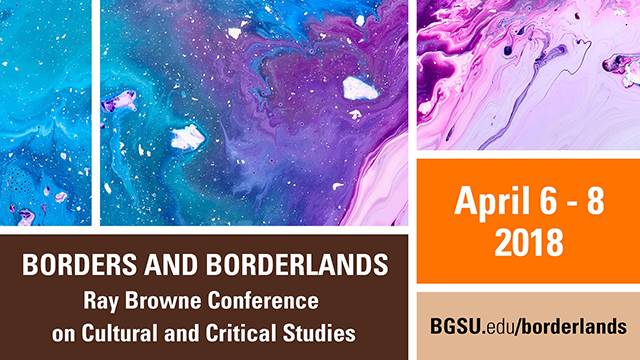
Concurrent Panel Session Seven
“Vastly Different Experiences”: Suffering Inequality While Female
Start Date
7-4-2018 4:00 PM
End Date
7-4-2018 4:50 PM
Abstract
Angela Flournoy’s novel The Turner House tells the story of a sprawling, multi-generational African American family. As the family’s oldest brother observes the more difficult life his youngest sister Lelah has suffered than his own, he comes to the startling realization that even members of the same family experience life vastly different based on gender. It may seem obvious that women’s experiences—even all other things being equal about other identity markers, such as a location, race, and class—are often more difficult. When it comes to discussing inequality, poverty, and economic struggles, it is vital to examine these issues from an intersectional standpoint. By acknowledging that people who experience marginalization in multiple ways are subject to deeper levels of hardship, further hindering their ability to get ahead, it is possible to seek solutions that address their specific issues.
This paper examines eight works dealing with inequality across several different genres (fiction, nonfiction, memoir, journalism, and scholarship in a variety of disciplines). One thing each work has in common is that, even though they aren’t concerned specifically with the female experience of inequality, each one touches on it enough that a narrative of women’s lives in or near poverty can be told. The borderland of the haves and the have-nots is ever-widening, and for women—especially women of color—the gulf is growing. By looking at the myth of the “welfare queen,” the problems of small rust-belt towns, and the effects of mass incarceration, this paper attempts to seek not only what women’s stories are but how, perhaps, systems could better serve them.
“Vastly Different Experiences”: Suffering Inequality While Female
Angela Flournoy’s novel The Turner House tells the story of a sprawling, multi-generational African American family. As the family’s oldest brother observes the more difficult life his youngest sister Lelah has suffered than his own, he comes to the startling realization that even members of the same family experience life vastly different based on gender. It may seem obvious that women’s experiences—even all other things being equal about other identity markers, such as a location, race, and class—are often more difficult. When it comes to discussing inequality, poverty, and economic struggles, it is vital to examine these issues from an intersectional standpoint. By acknowledging that people who experience marginalization in multiple ways are subject to deeper levels of hardship, further hindering their ability to get ahead, it is possible to seek solutions that address their specific issues.
This paper examines eight works dealing with inequality across several different genres (fiction, nonfiction, memoir, journalism, and scholarship in a variety of disciplines). One thing each work has in common is that, even though they aren’t concerned specifically with the female experience of inequality, each one touches on it enough that a narrative of women’s lives in or near poverty can be told. The borderland of the haves and the have-nots is ever-widening, and for women—especially women of color—the gulf is growing. By looking at the myth of the “welfare queen,” the problems of small rust-belt towns, and the effects of mass incarceration, this paper attempts to seek not only what women’s stories are but how, perhaps, systems could better serve them.

